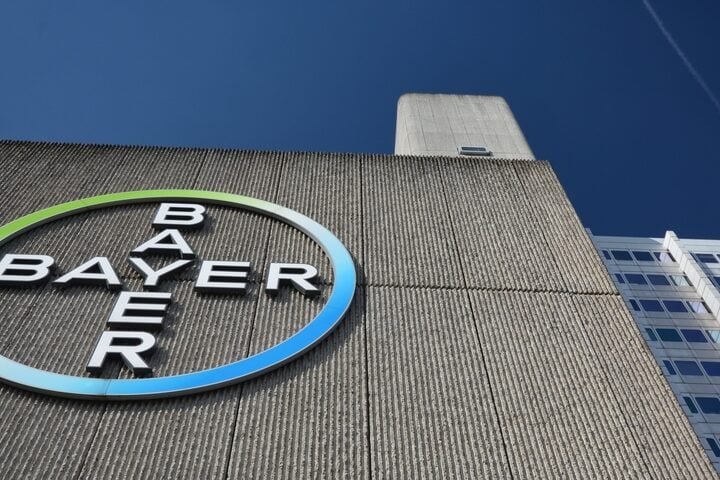The US Department of Justice (DoJ) is gearing up for a significant legal push to force Google, owned by Alphabet Inc., to divest its Chrome browser in an effort to dismantle the company’s stronghold over the online search market. This unprecedented move represents one of the most aggressive actions against a major technology firm in years.
Potential Structural Remedies and Impacts
The DoJ, which had previously indicated it was exploring “structural remedies,” is now expected to recommend that Google sell its Chrome browser and implement new measures concerning its artificial intelligence (AI) initiatives and the Android operating system. Additionally, US District Judge Amit Mehta may be urged to impose data licensing requirements on Google to promote fair competition.
Google’s Pushback Against the Proposals
Google has vowed to challenge these potential actions in court, arguing that such measures would overstep government authority and ultimately harm consumers. Lee-Anne Mulholland, Google’s vice-president of regulatory affairs, expressed, “The government putting its thumb on the scale in these ways would harm consumers, developers, and American technological leadership at precisely the moment it is most needed.”
A Parallel to Microsoft’s 1990s Antitrust Case
The current legal battle bears similarities to the US government’s attempt to break up Microsoft in the 1990s, when concerns about monopolistic practices in the software industry led to a court ruling in favor of splitting the company. However, Microsoft successfully appealed the decision, and the case was dropped in 2001.
Developments in the UK
In related news, the UK’s Competition and Markets Authority (CMA) concluded its investigation into Google’s $2 billion investment in Anthropic, an AI company known for its Claude AI models. The CMA found that the partnership did not grant Google substantial control over Anthropic, meaning it did not meet the threshold for merger regulations.
The Path Forward and Implications
Google has until December 20 to submit its proposed remedies in response to the DoJ’s actions. This case, initiated under President Donald Trump’s administration and sustained under President Joe Biden’s, underscores a broader push to regulate big tech and promote competitive markets. The outcome could reshape the global search landscape and impact Google’s strategic foothold in the burgeoning AI sector.







